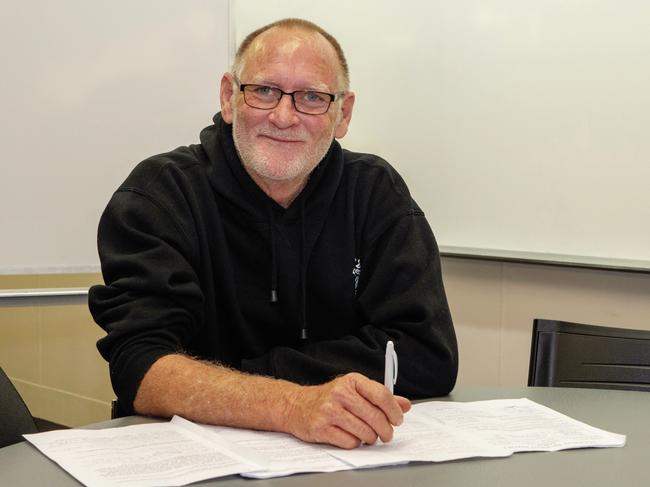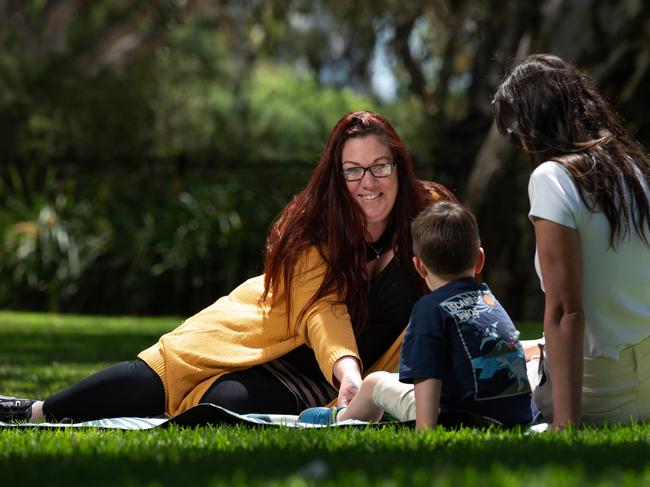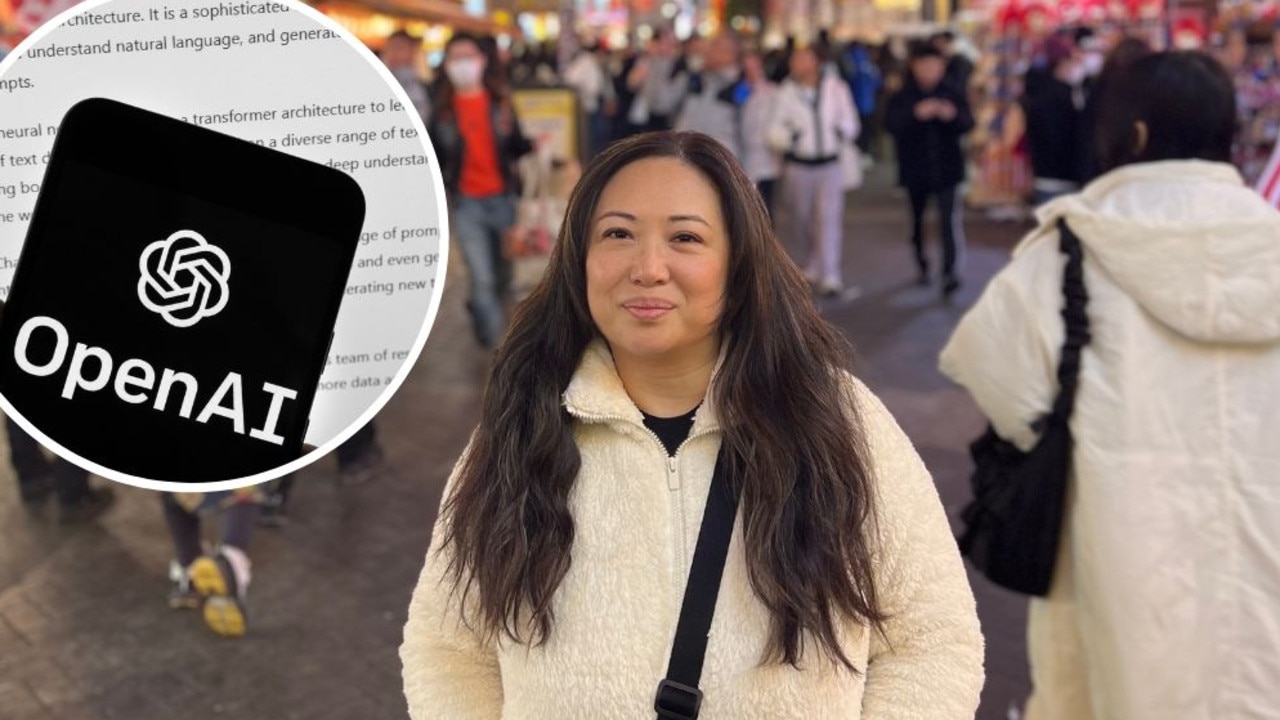‘Lived experience’ a growing workforce as employers focus on diversity, inclusion, social impact
Jobseekers in Australia have more to give with a richer life experience. Experts explain why and how it can help get a dream job.

Careers
Don't miss out on the headlines from Careers. Followed categories will be added to My News.
Personal hardships are no longer taboo discussion topics at job interviews – on the flip side, many employers are actively seeking out workers with lived experience.
Thousands of job openings exist for those with a range of first-hand experiences, including of mental illness, disability, domestic violence and homelessness.
Qualifications are also available to recognise the unique skill sets those with lived experience have and improve their employment prospects.
“Lived experience is a growing and new workforce, in itself,’’ says Katherine Myers-Scott, senior consultant at recruiter Morton Philips.
“(It) is certainly valued by many employers focused on diversity, inclusion and social impact.’’
The jobs on offer
Most job openings that require lived experience are within the healthcare, social support and not-for-profit sectors, SEEK career coach Leah Lambart says.
Advertised roles include case managers, counselling and other support positions that involve helping those facing challenges with mental health, disability support, domestic and family violence, homelessness, social disadvantage, drug and alcohol addictions, and more.
But lived experience roles are not always frontline positions and can include roles in project management, communications or marketing.
“An employee with lived experience has a unique ability to not only understand and empathise with their client, but also provide practical advice, insight and hope,’’ Lambart says.
“An employee with lived experience can also offer insights and perspectives that are more practical and tailored to the needs of the individual, based on their own personal experience.’’
In some instances, counselling and recovery services may be provided to lived experience workers by their employer, she says.
Workers must be comfortable in having their lived experience communicated to others, including co-workers or those outside the organisation, Lambart says.
She recommends job seekers applying for lived experience positions highlight their relevant history in both their resume and cover letter, referencing how their particular experience will assist them to help others.

Formalising lived experience
Formal recognition of the unique insights and depth of knowledge of those with lived experience is becoming more commonplace.
Most recently, the skill sets that First Nations foster and kinship carers have in caring for vulnerable Indigenous children were enshrined in a new qualification, developed by Connecting Foster and Kinship Carers SA, in partnership with the Bradford Institute of Advanced Education.
The qualification, which requires some additional classroom-based learning, is believed to be the first of its kind in Australia, although certification for those with other types of lived experience also exists.
“With their new qualification, we hope to increase the employability of carers and provide them with a new or alternative pathway back to work, with employers standing to benefit from their skills and experience,’’ says CF&KC-SA chief executive officer Fiona Endacott.
“The direct, lived experience of carers enhances the support they provide because they’ve often navigated complex systems and can make genuine, empathetic connections.’’
Rob Whitmore has been out of the paid workforce for more than a decade while caring for First Nations young people. He hopes the qualification will help him find employment within the child protection sector.
“It is so important to have people with lived experience in any industry, but particularly when you’re working with kids,’’ he says.
“We can use our own experience to train those in the child protection system about the cultural differences in caring for kids and help them to understand the challenges and barriers that are faced by First Nations and non-English speaking people.’’

Helping others
Danielle Hynes-Stevens is another lived experience worker, recently appointed as a peer mentor with social enterprise Junction’s young parents program.
The position description required lived experience as a young parent, as well as other skills pertaining to the part-time role.
“I’m a caring person and if my lived experience, together with my qualifications, skills and broader experience, can help others and make their lives better, that’s what it’s all about,’’ says Hynes-Stevens, a former aged care worker and mother of four, who had her first child aged 17.
“Even though everyone’s situation is different, having someone who can walk alongside you, who has been through similar times and feelings, can make a huge difference.
“Even though my kids are thriving now, it was challenging. It has been a long journey.’’
Word of caution
Lived experience roles are not for everybody and that some may find it triggering to recount personal hardships and challenges, or to hear similar experiences from others, Junction head of impact Alisa Willis warns.
Nevertheless, many workers gain immense satisfaction from their jobs and are often able to connect with clients in a way that other professionals cannot, she says.
“The lived experience roles sit alongside a traditional social work role and provide emotional support and a lot of insight,’’ Willis says.
“They can walk the walk and talk the talk and they really connect with people in ways that are meaningful and authentic.’’
Originally published as ‘Lived experience’ a growing workforce as employers focus on diversity, inclusion, social impact


